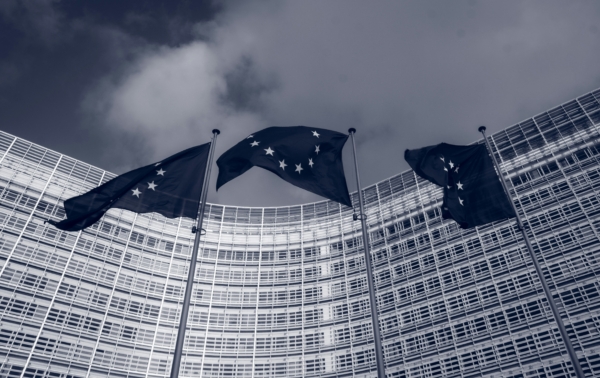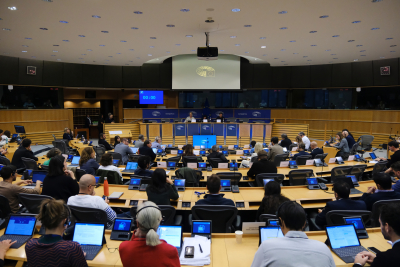EU citizens must be able to hold EU policymakers accountable, from elected Members of the European Parliament, to Commissioners. Only an EU whose political institutions, processes, and policymakers are truly transparent towards those they represent, ethical in their interactions with stakeholders, and accountable to an independent ethics body can be an EU that is effectively protected from undue influence, working in the public interest.
The European Parliament bribery scandal known as ‘Qatargate’ that emerged in December 2022 is an indictment of EU ethics, and confirmation once and for all that the system of self-policing on integrity employed across the EU is wholly unfit for purpose.
Transparency International EU’s assessment of political corruption risks in the EU institutions has shown that, despite a sophisticated regulatory and institutional framework, crucial areas such as safeguards against conflicts of interest and transparency of lobbying leave much to be desired.











